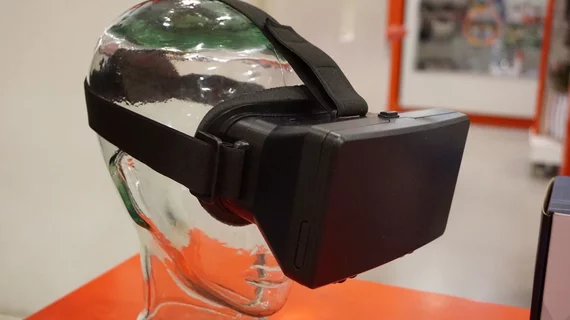VR detection of dementia aided by older patients’ acceptance of technology
Virtual reality isn’t quite there yet as a go-to screening tool for cognitive decline, but it can augment conventional methods. And senior citizens are open to its use for that purpose when it’s administered by their primary care doctor.
Truls Østbye, MD, PhD, MPH, of Duke and colleagues made the findings by testing VR cognitive-function screenings on 60 individuals between 65 and 85 years old who were recruited from a public primary-care clinic in Singapore.
In tests conducted prior to the study, 37 of the participants were deemed cognitively intact while 23 had some level of impairment.
In the study, the team found their VR testing technique had only a moderate positive correlation with three routine screening tools. Still, it showed a relatively strong capability for informing clinical prognoses.
The researchers also used a questionnaire to gauge participants’ acceptance of the VR element of their cognitive assessments. The team found both groups, the impaired as well as the intact, rated the experience as positive across all six questions asked of them on satisfaction.
Further, the 60 patients who agreed to participate in the study represented almost half the original invitees. The authors noted this strong showing confirmed earlier research showing older adults generally have a positive attitude toward new technology, including VR.
“Our findings provide preliminary evidence that VR modalities … can be used for cognitive screening among older person in primary care,” the authors write in their discussion section, adding that the approach is not only feasible but also practical since it only takes around 20 minutes to complete.
“The screening can be executed prior to consultations with the primary care physician to optimize their clinic visits by at-risk patients,” they write before calling for additional research to assess ways to roll out VR cognitive screenings in regular clinical practice.
The study is running in the Journal of Medical Internet Research. To read the full report, click here.

